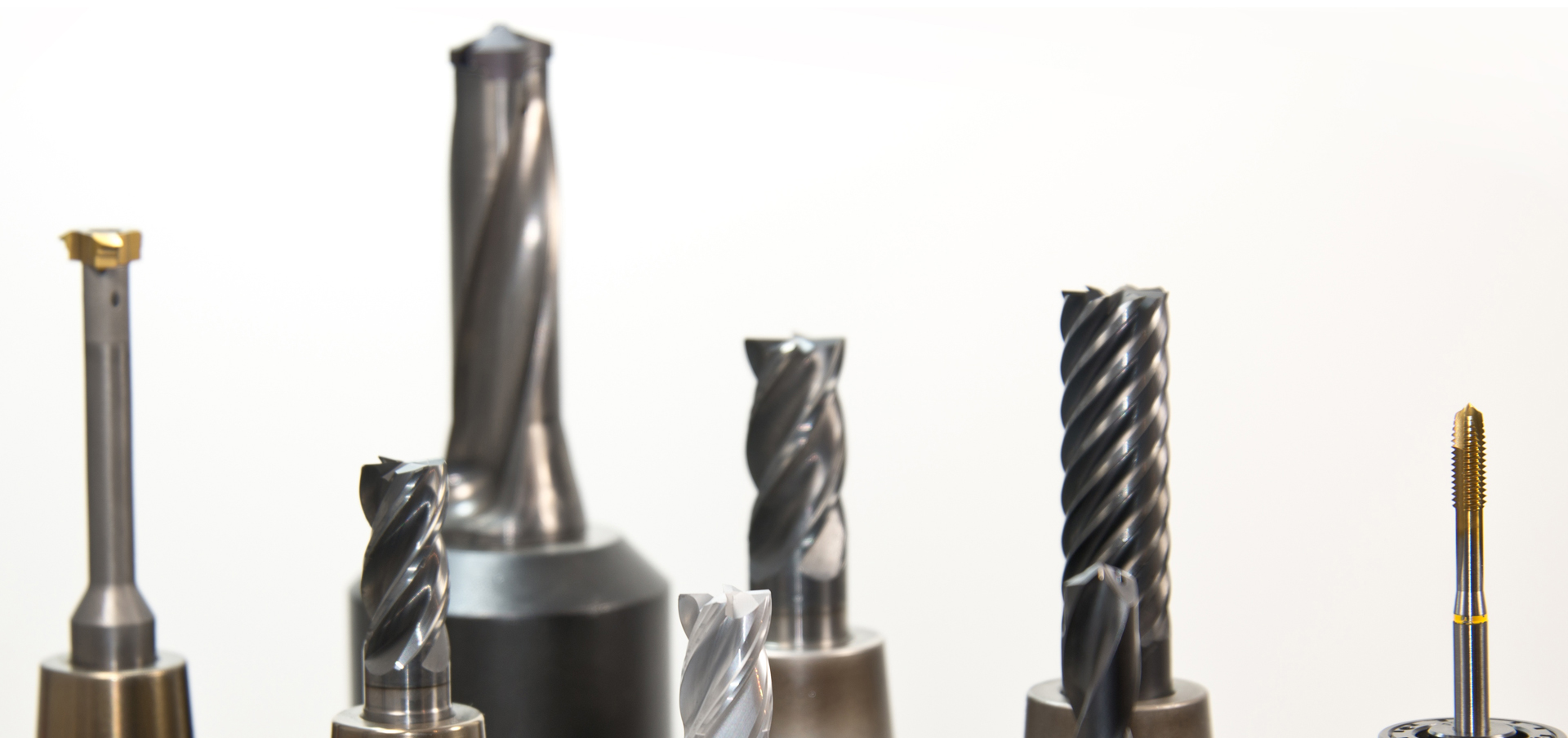Left and right, manufacturers across Connecticut are calling CNC machinists to step up to the plate (or, in this case, the machine) and create. According to a recent survey from the Connecticut Business & Industry Association, CNC machinists are some of the most in-demand manufacturing professionals today. The problem is, there are more open positions than there are skilled machinists to fill them.
If you have a passion for technology and design, a knack for precision and detailed tasks, and desire a career beyond the typical “desk job,” CNC machining may be the perfect path for you – CNC machinists are on the cutting edge of manufacturing; they work with computers, operate machinery, read blueprints and designs, and spend their days helping put parts and products into fruition.
Almost every surveyed manufacturer in Connecticut expects to grow their workforce by 2019, hiring approximately 22 people per year (including at least 2 CNC machinists each). Yet 34 percent of Connecticut’s manufacturers agree that CNC machinists are the most difficult position to fill, largely because they require a very-specific skillset and training.
To become a CNC machinist today, you must come equipped with the technical and interpersonal skills that employers are looking for. To support those CNC machinist skills, and to stand out against other job applicants, you must also carry the professional credentialing of a certified CNC operator. The question remains, where do you begin? How do you prepare for your career in CNC machining?
The First Step Towards a Future in CNC Machining
In Connecticut, manufacturers prefer to hire CNC machinists who have experience in the field and relevant, technical training from a postsecondary program. As the CBIA states, “For the most part, manufacturers expect new employees to arrive already trained.”
By pursuing CNC machining training at the college-level, you will have the chance to learn on state-of-the-art machinery (such as Goodwin’s new CNC 3-axis milling and turning machines) and gain hands-on experience as a CNC machinist-in-training. You will also gain a working knowledge of manufacturing processes, materials, mathematics, technical drawings, specifications, and computer software.
If you are looking to become a CNC machinist in the state of Connecticut, Goodwin University is a great place to start. Not only do we offer CNC operator training at the certificate and associate degree levels, we also help students develop and hone the CNC machinist skills employers are looking for today.
Which CNC Machinist Skills Are Employers Looking For?
According to the CBIA’s 2017 manufacturing workforce survey, nearly three-quarters of manufacturers report that their recent hires are lacking in good punctuality, work ethic, and technical skills. Technical skills include job-specific skills like blueprint reading and CNC operation.
In fact, almost 9 out of 10 survey respondents reported that, for their next rounds of hiring, they will look for candidates who have developed CNC machining skills, along with skills in geometric dimensioning and tolerance. In addition to CNC machining, the most in-demand technical skills sought out in aspiring machinists include:
- Technical writing and comprehension (cited by 93 percent of employers)
- Simulation, modeling, and analysis (cited by 92 percent)
- Critical thinking and problem-solving skills (91 percent)
- CNC programming (86 percent)
- Additive manufacturing (83 percent)
Of the above technical skills preferred by manufacturers, only about a third of companies offer training in them. Only 18% offer training in technical writing and comprehension – a skill that is focused on and refined in Goodwin’s manufacturing and machining school.
The U.S. Bureau of Labor Statistics also notes several skills that CNC machinists must hold in order to be successful today. These include:
- Analytical skills – Understanding technical blueprints, models, and specifications so that machinists can craft parts and products
- Manual dexterity and accuracy – Developing parts and getting production down to the exact inch or millimeter specified by a design
- Math skills and computer application experience – Working with CAD/CAM technology, CNC machine tools, and computerized measuring machines
- Mechanical skills – Operating milling machines, lathes, grinders, laser and water cutting machines, wire electrical discharge machines, and other machine tools
- Physical stamina –Standing for extended periods and performing repetitious movements
- Technical skills –Understanding computerized measuring machines and metalworking processes
Learn by Doing at Goodwin University
At Goodwin University, students learn through hands-on, job-like experiences. We have state of the art machinery for students to learn on, and access to the Mastercam CAD/CAM software that machinists use on the day-to-day. Through these experiences, students foster CNC machinist skills such as:
- Mathematical skills
- Knowledge of CAD/CAM software, as well as the ability to set-up, program, and operate CNC lathes and mills to produce parts
- Job planning and bench layout
- Manual grinding, drilling, and milling
- Equipment testing
- The ability to interpret technical drawings and specs
- Ability to characterize material machinability, tool holding, tool cutter presentation and select of appropriate coolants for CNC manufacturing
- Other, non-technical skills such as team-building, problem-solving, and written and oral communication skills
Upon completion of Goodwin’s associate CNC machining program, students are well-prepared to apply for nationally recognized credentials as a Certified Production Technician (CPT) and as a CNC Operator.
Checkout our video here.
Ready to start your career path, advance your technical CNC machinist skills, and land a dream job in the thriving manufacturing field? Call Goodwin University at 800-889-3282 or visit us online to learn more about our CNC operator school. You can also see our video for three reasons why CNC machining is a smart career choice.
Goodwin University is a nonprofit institution of higher education and is accredited by the New England Commission of Higher Education (NECHE), formerly known as the New England Association of Schools and Colleges (NEASC). Goodwin University was founded in 1999, with the goal of serving a diverse student population with career-focused degree programs that lead to strong employment outcomes.

